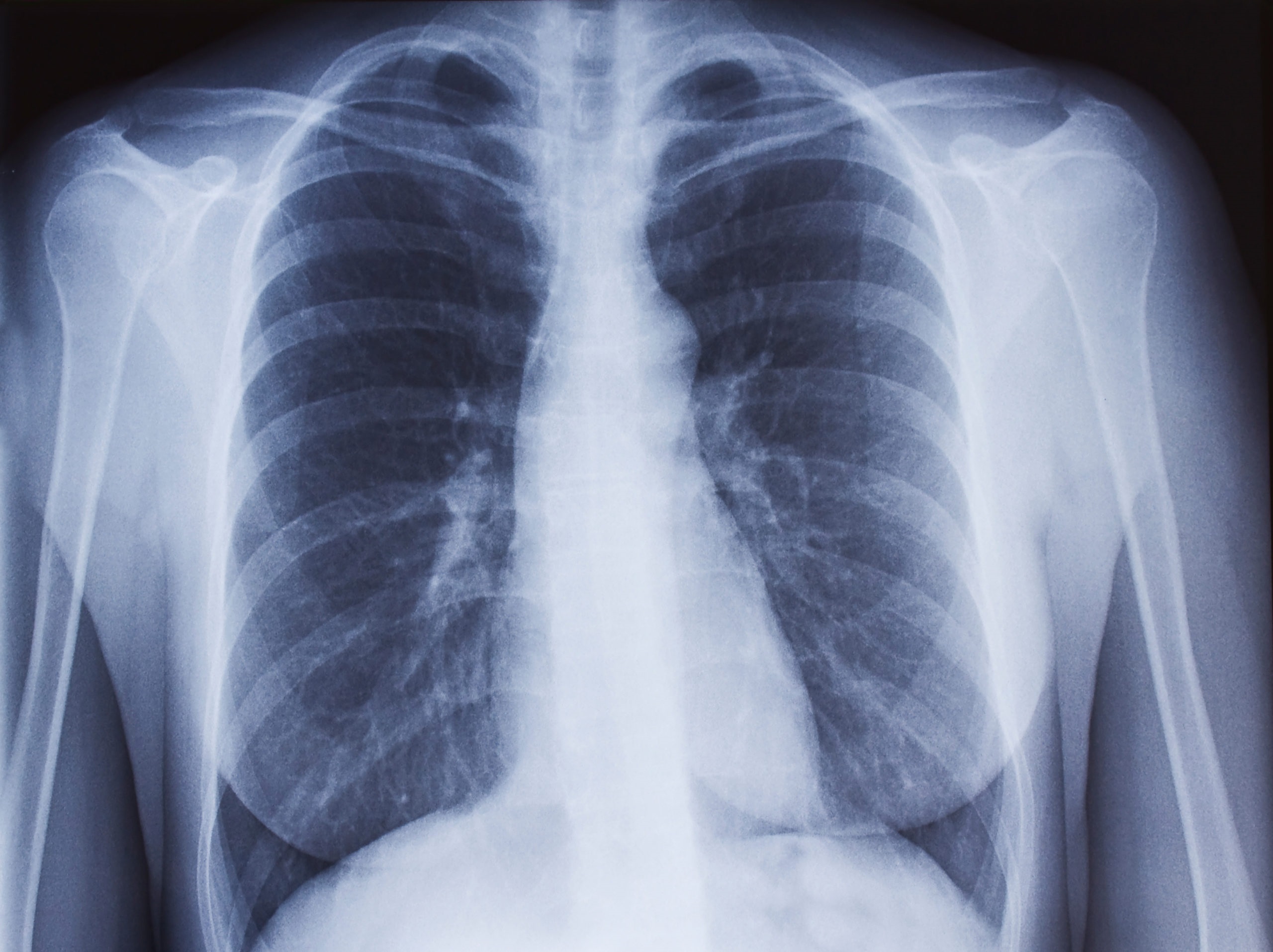Tuberculosis (TB) is a disease caused by a slow-growing bacteria called Mycobacterium tuberculosis. Active TB disease can occur weeks, months or years after you are infected by breathing in the TB bacteria form an infectious person.
In most people, despite inhaling the TB bacteria, the immune system controls the TB bacteria which remains in the body in a dormant state, is not contagious and never causes symptoms. This is called latent TB.
However in about five to ten out of every 100 people with latent TB, the bacteria can start to multiply again or reactivate and lead to symptoms of active TB. This is called active TB disease.
Tuberculosis can affect any part of your body, not just the lungs. In the UK, just over half of people with active TB have TB in their lungs. Tuberculosis can affect other parts of your body such as the lymph glands, bones, gut, kidney or brain.

